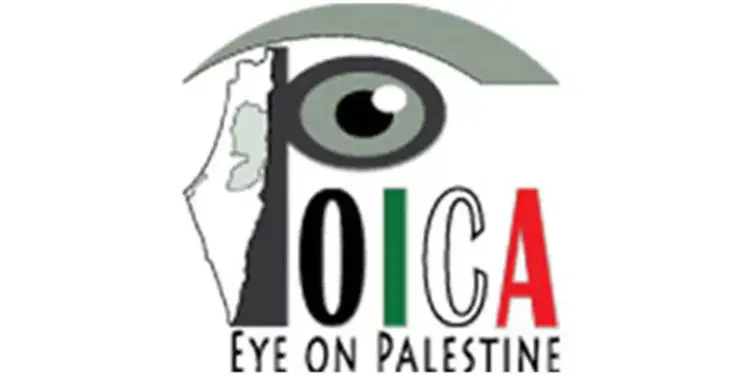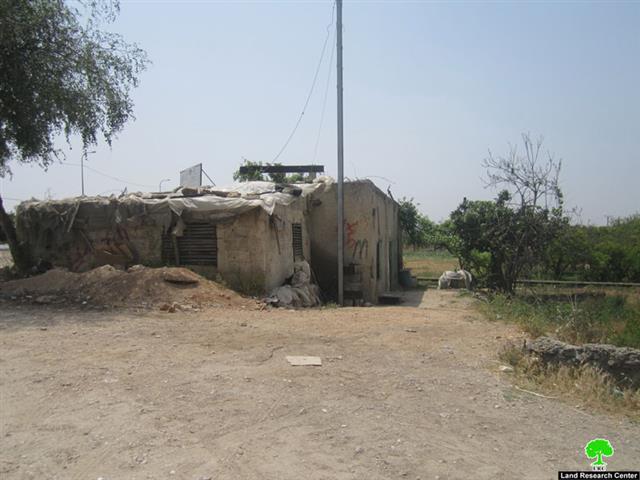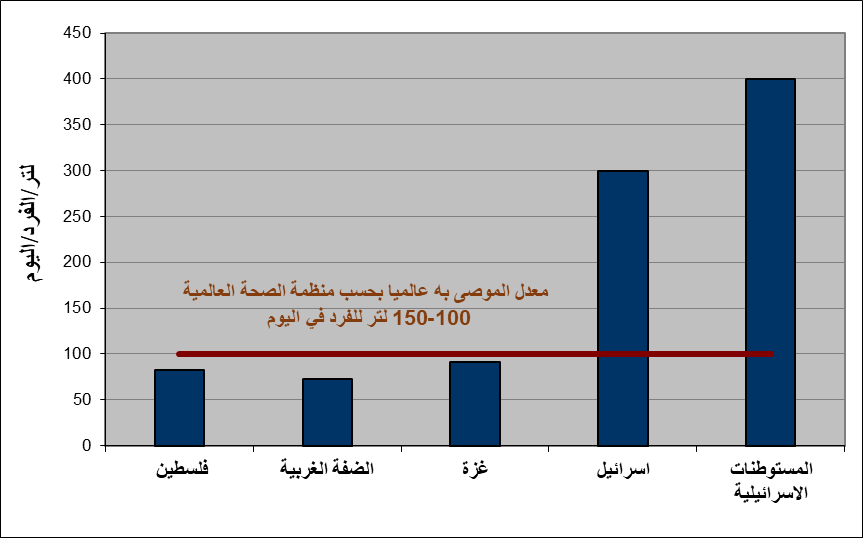64 years from Al-Nakba
Al-Nakba is not something of the past, as Israel and many others think; its reminiscence will live in the hearts and minds of all Palestinians – refugees or not – because it signifies Palestinian steadfastness against Zionist philosophy, which proclaims “A land without a people for a people without a land.” Palestinians have emerged victorious from Al-Nakba, in spite of all the massacres and attempts to depopulate the land: the 160,000 remaining Palestinians in Israel 64 years ago have become 1.57 million Palestinians – 20.5 percent of the population living in what is known as Israel today.
Even though 64 years have passed, the Palestinian refugees and the Palestinians in general still commemorate Al-Nakba, sending a clear and explicit message to Israel and the rest of the world that Palestine shall not be forgotten. The homes, the fields, the villages are not forgotten: in Akka, Bissan, Haifa, Yaffa, Ramla, Safad, Umm Rashrash, and others; and the robbed homes and properties will not slip the minds of Palestinians no matter how much time goes by. The generations will always remember and recall Al-Shajara, Kafr Bir’im, Al-Tina, Al-Qastal, Fajja, Al-Tantura, Umm ‘Ajra.
Despite all Israeli methods to terrorise and eradicate the Palestinians from their land between 1948 and 1967 – massacres, the transfer of 70 percent of the Palestinian population, the persecution and oppression – the Israelis failed to accomplish their goal. In fact, the bulk of the Palestinians driven out of their homes still live nearby. Records show that some 46 percent of all Palestinians still live within the 1948 borders of Palestine, 35 percent are in the surrounding countries, and the rest are dispersed throughout the world. This is an explicit indication to Israel that it is losing the demographic battle with the Palestinians; and it will be a matter of time until this Israeli apartheid regime understands that the minority cannot rule over the majority.
Al-Nakba was never just about land, it was a battle of existence and identity, and this is why Israel went after Palestinian land as well as Palestinian identity. Acquisition of land was its short-term goal, and the obliteration of Palestinian identity the long-term goal. Palestinian identity, and in particular the innovative cultural aspect of Palestinian identity, was targeted by the occupation in the same way that land was targeted. The Israelis aimed to complement the invented lie, “A land without a people…” with “A people without a culture and an identity…”
Al-Nakba hit the Palestinians in more than the obvious circumstances; an entire body of literature was almost lost, but what remains is a rich representation of Palestinian innovation and culture. Although Al-Nakba caused a temporary halt to Palestinian creative literature, in its aftermath, Al-Nakba became the focus of literature – not only Palestinian literature but also, to a certain extent, that of the Arab world.
Indeed, 64 years have passed, but the Palestinians have been fighting colonists for much longer than that; more than 120 years ago, the Zionists started to orchestrate their plans to take over Palestine. Palestinians may have failed to prevent the Zionists from taking over much of their land, but they certainly succeeded in preserving their identity in spite of Zionist efforts to eradicate it and deny their very existence. The Israelis have physically conquered the geographic land, but they failed miserably in conquering the geographic memory, which still lives in the cities and the memories of the consecutive Palestinian generations.
Indeed, for Israel, the mere mention of Palestine and Palestinians undermines its very existence; it reminds them of the people and culture that they have attempted to wipe out and of the land that they have stolen. The Palestinians have also kept alive their memory of Al-Nakba and have reaffirmed their profound attachment to the land through their choice to commemorate Palestine and their stolen land on what has come to be known as Land Day, March 30. On that day in 1976, six Palestinians were killed and hundreds wounded by the Israeli army and police as marches were held throughout the country to protest Israeli plans to expropriate thousands of dunums of land. The commemoration of Land Day has spread throughout the Arab world and beyond, alarming Israel and proving that the memory of Palestine will never fade away.
Israel has tried to remove Al-Nakba from Palestinian memory and has denied the name “Palestinian” to those who stayed behind. The Palestinians, however, have countered Israel’s strategy by commemorating Al-Nakba and transforming its memory into a means of inspiration and encouragement in resisting the occupation, surmounting their tragedy, and taking their rightful place in the world by developing exceptional civil society movements and engaging media, research institutions, human rights organisations, and unions in order to help shape Palestinian society.
This society has been deeply marked by Al-Nakba. Some of the greatest minds in the Arab world and beyond have been influenced by Al-Nakba, for example, Mahmoud Darwish, Fadwa Touqan, Edward Said, and Ghassan Kanafani, to name a few. Indeed, the Palestinians have transformed Al-Nakba into a positive force to channel their frustration, their anger, and their disappointments into the one true instrument that will save them: education. This is the one thing that the occupation could not appropriate from the Palestinians or force them to compromise. Palestinians, particularly those in the occupied territories and in the diaspora, have unprecedented levels of education when compared with others in the Arab world.
Al-Nakba might be something of the past, but it is far from bygone. It is still very much alive in the memory of those who lived it and of those who shared it through the eyes and words of their elders. To think of Al-Nakba only in the past tense is to surrender to the events of 1948, and this is certainly not the goal. The Palestinian people are very much alive after Al-Nakba, in their ability to maintain their identity, culture, and traditions, and to resist injustice and pursue legitimacy. Although the rest of the world recognises Palestinian resistance as a legitimate endeavour to end the occupation or even to pursue their ethnic and political rights, only Israel and the Zionists consider the struggle illegitimate since it aims to negate Al-Nakba.
Five years from Al-Nakba
In short, this article has intended to go beyond the usual demonstration of the Nakba legacy – ending the Palestinian dream of a state and creating the refugee problem – and to show how we as Palestinians have been able to rise above Al-Nakba, using it as an inspiration for our lives and our culture, enabling us to take our rightful place in the world. In some way, through Al-Nakba, Palestinians have chosen rebirth in all aspects of their lives and have refused to concede to their 1948 reality. Current controversies among the Palestinians will not last forever. We shall overcome them and, rather than castigate and point fingers, let us remember June 2007 as something from the past, a stopping-point from which we can move forward united and undivided.











